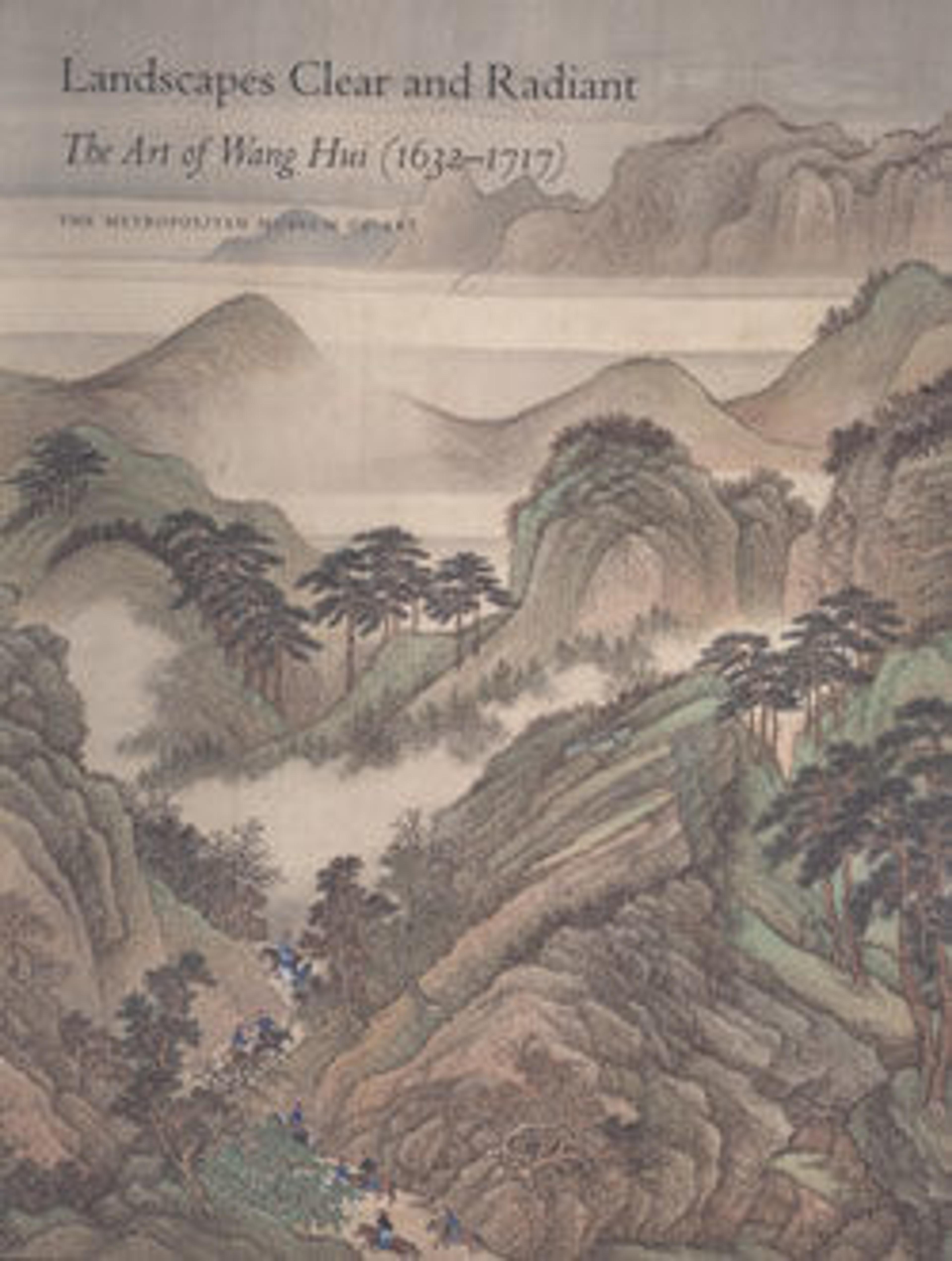Eighteen Songs of a Nomad Flute: The Story of Lady Wenji
Represented here are scenes from the life of Lady Wenji (Cai Yan), who was abducted by a horde of marauding barbarians about A.D. 195 and spent twelve years among the Xiongnu, a Mongol tribe, as wife of their chieftain. She bore him two children before she was finally ransomed and returned to China. The Southern Song emperor Gaozong (r. 1127–62) probably ordered the story illustrated as a reminder of the capture of his kinfolk by the Jurchen Jin.
In this scroll, the costumes of the nomad invaders are those of the Khitan people, who established the Liao dynasty (907–1125) in northeastern China. To the early Southern Song viewer, Eighteen Songs, which presents a historical drama in contemporary details, did not represent a mere historical romance but a true, pervasive national trauma. The illustrations to the third, fifth, thirteenth, and eighteenth songs in the Metropolitan's scroll—the oldest of five known versions that illustrate all eighteen of the songs—are almost exact copies of four album leaves in the Museum of Fine Arts, Boston. The Boston fragments appear to be all that is left of the original twelfth-century scroll. The texts of the songs, composed by Liu Shang (act. ca. 773), are inscribed in the calligraphic style of Emperor Gaozong
In this scroll, the costumes of the nomad invaders are those of the Khitan people, who established the Liao dynasty (907–1125) in northeastern China. To the early Southern Song viewer, Eighteen Songs, which presents a historical drama in contemporary details, did not represent a mere historical romance but a true, pervasive national trauma. The illustrations to the third, fifth, thirteenth, and eighteenth songs in the Metropolitan's scroll—the oldest of five known versions that illustrate all eighteen of the songs—are almost exact copies of four album leaves in the Museum of Fine Arts, Boston. The Boston fragments appear to be all that is left of the original twelfth-century scroll. The texts of the songs, composed by Liu Shang (act. ca. 773), are inscribed in the calligraphic style of Emperor Gaozong
Artwork Details
- 明 佚名 胡笳十八拍圖 卷
- Title: Eighteen Songs of a Nomad Flute: The Story of Lady Wenji
- Artist: Unidentified artist Chinese, early 15th century
- Period: Ming dynasty (1368–1644)
- Date: early 15th century
- Culture: China
- Medium: Handscroll; ink, color, and gold on silk
- Dimensions: Image: 11 1/4 in. × 39 ft. 3 in. (28.6 × 1196.3 cm)
Overall with mounting: 11 1/2 in. × 50 ft. 8 1/16 in. (29.2 × 1544.5 cm) - Classification: Paintings
- Credit Line: Ex coll.: C. C. Wang Family, Gift of The Dillon Fund, 1973
- Object Number: 1973.120.3
- Curatorial Department: Asian Art
More Artwork
Research Resources
The Met provides unparalleled resources for research and welcomes an international community of students and scholars. The Met's Open Access API is where creators and researchers can connect to the The Met collection. Open Access data and public domain images are available for unrestricted commercial and noncommercial use without permission or fee.
To request images under copyright and other restrictions, please use this Image Request form.
Feedback
We continue to research and examine historical and cultural context for objects in The Met collection. If you have comments or questions about this object record, please contact us using the form below. The Museum looks forward to receiving your comments.
